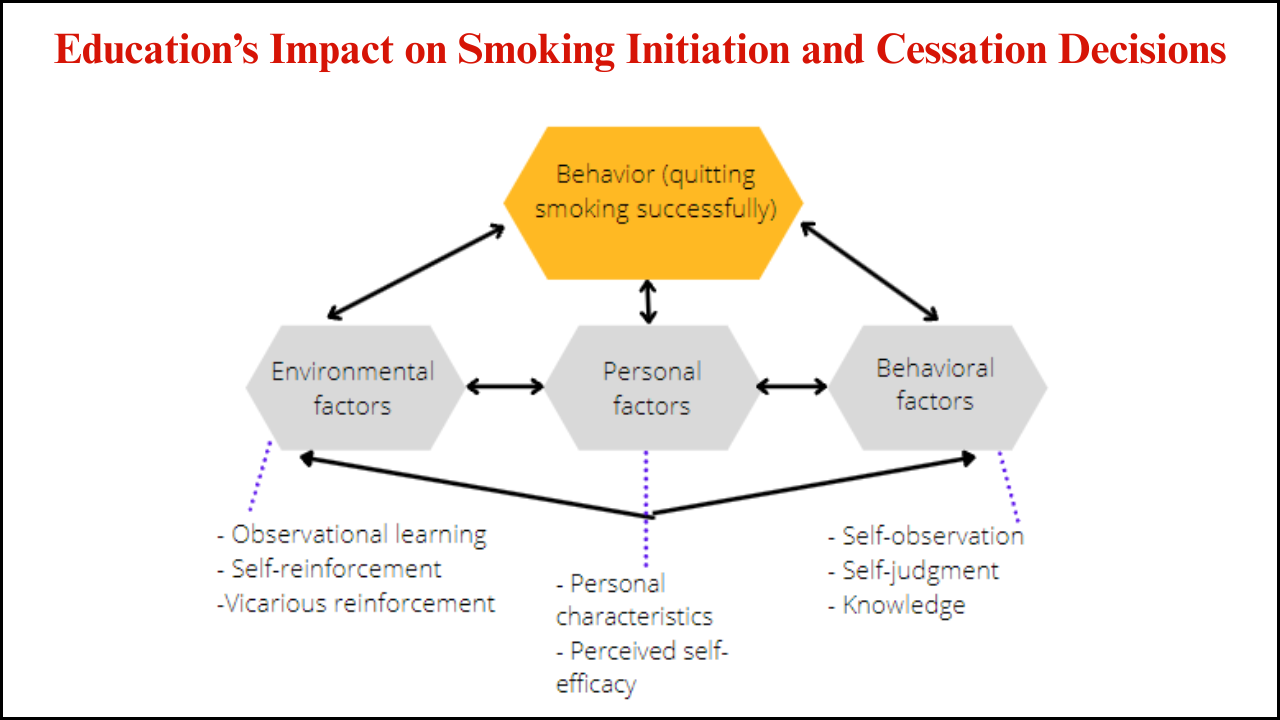
Academic excellence in law schools grows through diverse programs, specialized centers, and experiential learning opportunities. A well-structured curriculum not only prepares future legal professionals but also provides avenues for leadership, research, and policy innovation. Specialized law programs support students in exploring areas such as business law, dispute resolution, intellectual property, and public policy, while centers act as platforms for advanced research and social impact.
Table of Contents
Major Academic Programs
- JD Program
- Central foundation for legal education
- Provides knowledge of core law subjects, including contracts, property, criminal law, and constitutional law
- Develops critical thinking, advocacy, and research skills
- LLM Program
- Designed for advanced legal scholars and international students
- Offers specialization in niche areas such as environmental law or intellectual property
- Enhances global perspective on comparative law practices
- MS in Law Program
- Tailored for professionals in fields such as healthcare, business, and technology who work alongside legal frameworks
- Focuses on law application rather than legal practice
- Provides interdisciplinary knowledge
- Dual-Degree Programs
- Combines law with disciplines such as business, public health, or public policy
- Enables students to gain two degrees simultaneously
- Expands career opportunities in interdisciplinary sectors
Areas of Specialized Study
- Business Law
- Cybersecurity and Crisis Management
- Dispute Resolution
- Environmental Law
- Law & Health Care
- Intellectual Property Law
- International and Comparative Law
- Women, Leadership & Equality
Key Programs and Centers
| Program / Center | Focus Area | Key Highlights |
|---|---|---|
| Business Law Program | Corporate law, finance, and compliance | Prepares students for roles in corporate governance, mergers, acquisitions, and entrepreneurship |
| Cybersecurity and Crisis Management Program | Cyber law, data protection, crisis response | Equips graduates to handle legal issues of digital security and emergency policy |
| Dispute Resolution Program | Mediation, arbitration, negotiation | Builds practical skills in resolving conflicts outside courtrooms |
| Environmental Law Program | Natural resources, energy law, climate policy | Encourages advocacy for sustainable development and environmental protection |
| Law & Health Care Program | Public health, bioethics, and medical law | Prepares professionals for work in healthcare policy, compliance, and advocacy |
| Intellectual Property Law Program | Patents, trademarks, copyrights | Provides skills for protecting innovations and creative works |
| International and Comparative Law Program | Global trade, treaties, and human rights | Offers cross-border perspectives on justice and governance |
| Women, Leadership & Equality Program | Gender studies, leadership, policy reform | Promotes gender equality in law practice and policymaking |
| Chacón Center for Immigrant Justice | Immigration law and advocacy | Offers legal support for immigrant communities |
| Gibson-Banks Center for Race and the Law | Racial justice, civil rights, equity | Conducts research and advocacy for anti-discrimination reforms |
| Legal Resource Center | Public health policy and law | Develops tools for policymakers, communities, and legal scholars |
Experiential Learning Opportunities
- Clinics
- Provide hands-on legal practice
- Students work with real clients under faculty supervision
- Popular clinics include immigration law, health law, and criminal defense
- Certificates and Tracks
- Allow specialization in focused legal areas
- Examples: intellectual property track, dispute resolution certificate
- Adds professional value to graduates
- Bar Preparation Support
- Comprehensive training for state bar examinations
- Includes workshops, mock exams, and personalized study plans
- Advising and Support
- Academic advisors guide in course selection and career planning
- Mentorship programs connect students with alumni and faculty
Academic Calendar and Policies
- Structured academic calendar ensures the timely progression of courses and exams
- Policies and procedures uphold academic integrity, grading standards, and graduation requirements
- The course catalog provides an updated list of core, elective, and specialized law subjects
Centers and Other Initiatives
| Center / Initiative | Focus | Contribution to Law Education |
|---|---|---|
| Center for Dispute Resolution | Conflict resolution methods | Offers training, workshops, and mediation practice |
| Center for Health and Homeland Security | National security and disaster law | Collaborates with government and NGOs on policy research |
| Chacón Center for Immigrant Justice | Immigration advocacy | Provides direct legal aid to immigrant communities |
| Gibson-Banks Center for Race and the Law | Race, justice, and civil rights | Engages in policy reforms and legal education |
| Legal Resource Center for Public Health Policy | Health law and regulation | Develops policy recommendations and legal resources |
Advantages of Specialized Law Programs
- Practical Relevance: Programs address modern challenges such as cybersecurity, healthcare law, and environmental justice
- Global Outlook: International law and comparative study prepare graduates for cross-border careers
- Social Impact: Centers dedicated to race, gender, and immigration justice emphasize the law’s role in equity
- Career Flexibility: Dual degrees and certifications open pathways in policy, business, academia, and advocacy
Student Development through Programs
- Leadership Training: Women, Leadership & Equality Program strengthens representation in leadership roles
- Professional Growth: Business and Intellectual Property programs equip students with market-driven legal skills
- Public Service: Clinics and immigration justice centers prepare students for community-oriented legal practice
- Research Opportunities: Centers provide platforms for academic inquiry, policy analysis, and legal innovation
Comparative Overview of Programs
| Program | Target Audience | Career Outcomes |
|---|---|---|
| JD Program | Law students seeking foundational practice | Attorneys, judges, legal consultants |
| LLM Program | Graduates and international scholars | Specialized legal practitioners, academics |
| MS in Law Program | Non-law professionals in regulated industries | Compliance officers, policy advisors |
| Dual-Degree Programs | Students with interdisciplinary interests | Policy analysts, business leaders, and law scholars |
Future Scope of Legal Education
- Integration of technology in law through cybersecurity programs
- Expansion of the healthcare law due to global health challenges
- Increased focus on climate change and environmental law
- Growing importance of international legal cooperation
- Rising emphasis on diversity, equality, and inclusion in leadership
Key Takeaways
Legal education advances when academic programs and centers adapt to societal needs. A strong foundation through JD, LLM, and dual-degree offerings blends with specialized centers in business law, health, environment, and justice to create well-rounded professionals. Experiential learning, clinics, and advising services ensure that graduates are equipped not only for bar exams but also for leadership in policy, advocacy, and social justice. Law schools that invest in specialized centers and innovative programs continue to shape future leaders who bridge legal expertise with community impact.






